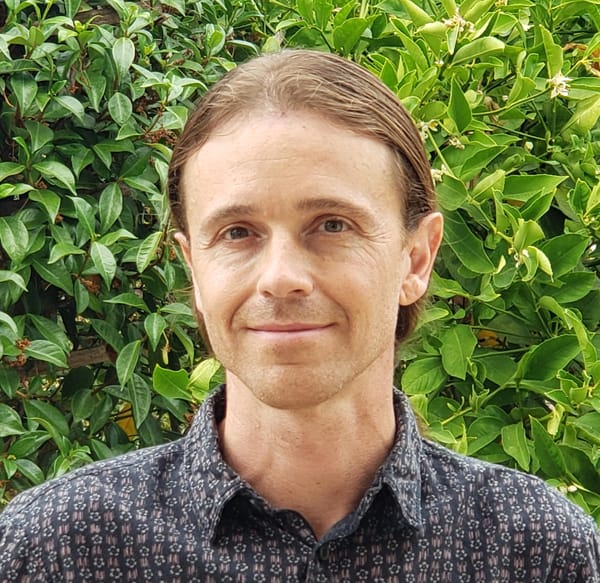BENICIA – State and regional air quality agencies will levy $82 million in fines against the Valero Refining Company for nearly two decades of toxic emissions releases in Benicia that exceeded legal limits.
The California Air Resources Board, the Bay Area Air Quality Management District and the California Department of Justice reached a settlement to hold Valero responsible for excess emissions from a hydrogen vent that inspectors discovered in 2019, the agencies announced on Thursday. A subsequent investigation revealed that the company knew about the emissions as far back as 2003 but failed to report it to regulators.
Valero officials said in a statement that they “endeavored to comply with Federal rules associated with the hydrogen system; however, the District has much more stringent regulations.”
Benicia Mayor Steve Young, who is also on the air district’s board of directors, said that the air district needed the support and cooperation of the two state agencies to stand up to the litigation power of Valero. “They were prepared to go to court,” Young said. “I’m just happy that Valero agreed to the settlement rather than going through years of costly litigation.”
The $82 million fine is the largest penalty ever assessed by the air district. Out of those funds, $64 million will go toward improving air quality and health outcomes in Benicia and other communities in the area of the refinery. Most of the remaining funds will support air quality projects in communities throughout the region that are highly impacted by pollution while approximately $2 million will go to cover agency costs related to prosecuting the case.
According to Young, the district made a policy change in March that requires the penalties recovered from air quality violations to be returned to the communities where the violations took place. The funds will be allocated to air quality and public health projects based on a public process that will involve residents, organizations and elected officials, according to a statement from the California Air Resources Board.
“This is the first time that penalty funds will be distributed according to the new policy so there are still some parts of the process that need to be worked out,” Young said. He noted that it is not clear how “air quality” and “public health” will be interpreted when it comes to considering what types of projects might qualify for the funds.
Young said that projects like air monitoring stations and charging stations for electric vehicles should easily qualify.
Kathy Kerridge of the Benicia Community Air Monitoring Board, who has long been a clean air advocate in the community, said that she already has a list of her top priority projects that need this kind of funding.
Her first priority would be to create a rebate program for residents to replace gas appliances with electric appliances. “The appliances are easy to replace and gas appliances produce emissions that directly impact indoor air quality,” Kerridge said.
Second, she would like to assure that the Benicia Community Air Monitoring Program, a state of the art, independent air monitoring system has enough funding to continue running in the future.
Her third priority would be to create a fund to address climate change adaptation issues such as sea level rise. But she said that she is not sure if her third request fits into the air quality and public health categories.
Before you go...
It’s expensive to produce the kind of high-quality journalism we do at the Vallejo Sun. And we rely on reader support so we can keep publishing.
If you enjoy our regular beat reporting, in-depth investigations, and deep-dive podcast episodes, chip in so we can keep doing this work and bringing you the journalism you rely on.
Click here to become a sustaining member of our newsroom.
THE VALLEJO SUN NEWSLETTER
Investigative reporting, regular updates, events and more
- environment
- health
- business
- government
- Benicia
- Valero
- Bay Area Air Quality Management District
- California Air Resources Board
- California DOJ
- Steve Young
- Kathy Kerridge
- Benicia Community Air Monitoring Board

Ryan Geller
Ryan Geller writes about transitions in food, health, housing, environment, and agriculture. He covers City Hall for the Vallejo Sun.
follow me :




